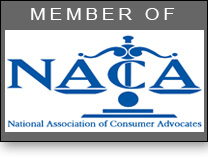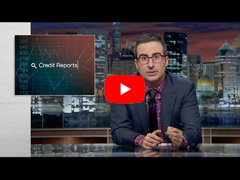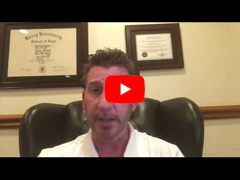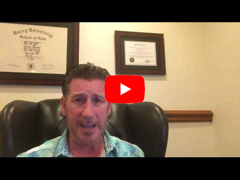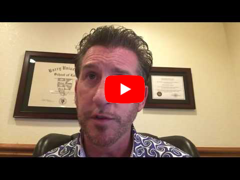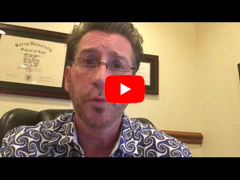Borrowers of high-interest payday loans often shell out more in fees than they borrow, a government watchdog says.
About 62% of all payday loans are made to people who extend the loans so many times they end up paying more in fees than the original amount they borrowed, says a report released Tuesday by the Consumer Financial Protection Bureau, a federal agency.
The report shows that more than 80% of payday loans are rolled over or followed by another loan within two weeks. Additional fees are charged when loans are rolled over.
“We are concerned that too many borrowers slide into the debt traps that payday loans can become,” bureau director Richard Cordray said in a statement. “As we work to bring needed reforms to the payday market, we want to ensure consumers have access to small-dollar loans that help them get ahead, not push them farther behind.”
Payday loans, also known as cash advances or check loans, are short-term loans at high interest rates, usually for $500 or less. They often are made to borrowers with weak credit or low incomes, and the storefront businesses often are located near military bases. The equivalent annual interest rates run to three digits.
Here’s how the loans work: Say you need money today, but payday is a week or two away. You write a check dated for your payday and give it to the lender. You get your money, minus the interest fee. In two weeks, the lender cashes your check or charges you more interest to extend, or “roll over,” the loan for another two weeks.
Gary Schatsky, a New York City financial planner and president of ObjectiveAdvice.com, says, “This stuff gets me crazy — preying on folks who can’t afford it.
“Payday loans are probably one of the best examples of people being taken advantage of or wasting their money. Unfortunately, the people who take them out are either uneducated about finance or think they have no other options.
“They think it’s a simple fix, but as with many simple fixes, they are often extremely expensive and ill advised.”
Schatsky suggests that people who are desperate for money should wait on purchases until their next paycheck, get a loan from a friend or even borrow on their credit card. “The sad reality is, as bad as it is, even borrowing on a credit card is probably better than getting a payday loan. It will probably end up being cheaper than what a payday loan charges.”
Mark Fried, president of TFG Wealth Management in Newtown, Pa., says these latest findings are “very concerning. If a person ends up paying as much for the loan in fees that was borrowed — how can they possibly save for retirement or their children’s education or raising themselves up to a higher standard of living.”
He says these findings “should concern regulators, both federal and state, along with consumer protection advocates.”
The new report, designed to educate regulators and the public about the payday lending market, was based on data from a 12-month period with more than about 12 million payday loans. Among the findings: Only 15% of borrowers repay all their payday debts on time without re-borrowing within 14 days, and 64% renew at least one loan one or more times.
Some states have imposed caps on interest rates charged by payday lenders.
The industry says payday loans provide a useful service to help people manage unexpected and temporary financial difficulties.
The Consumer Financial Protection Bureau has the authority to oversee the payday loan market. In November 2013, the agency began accepting complaints from borrowers encountering problems with payday loans.
Contributing: Associated Press





